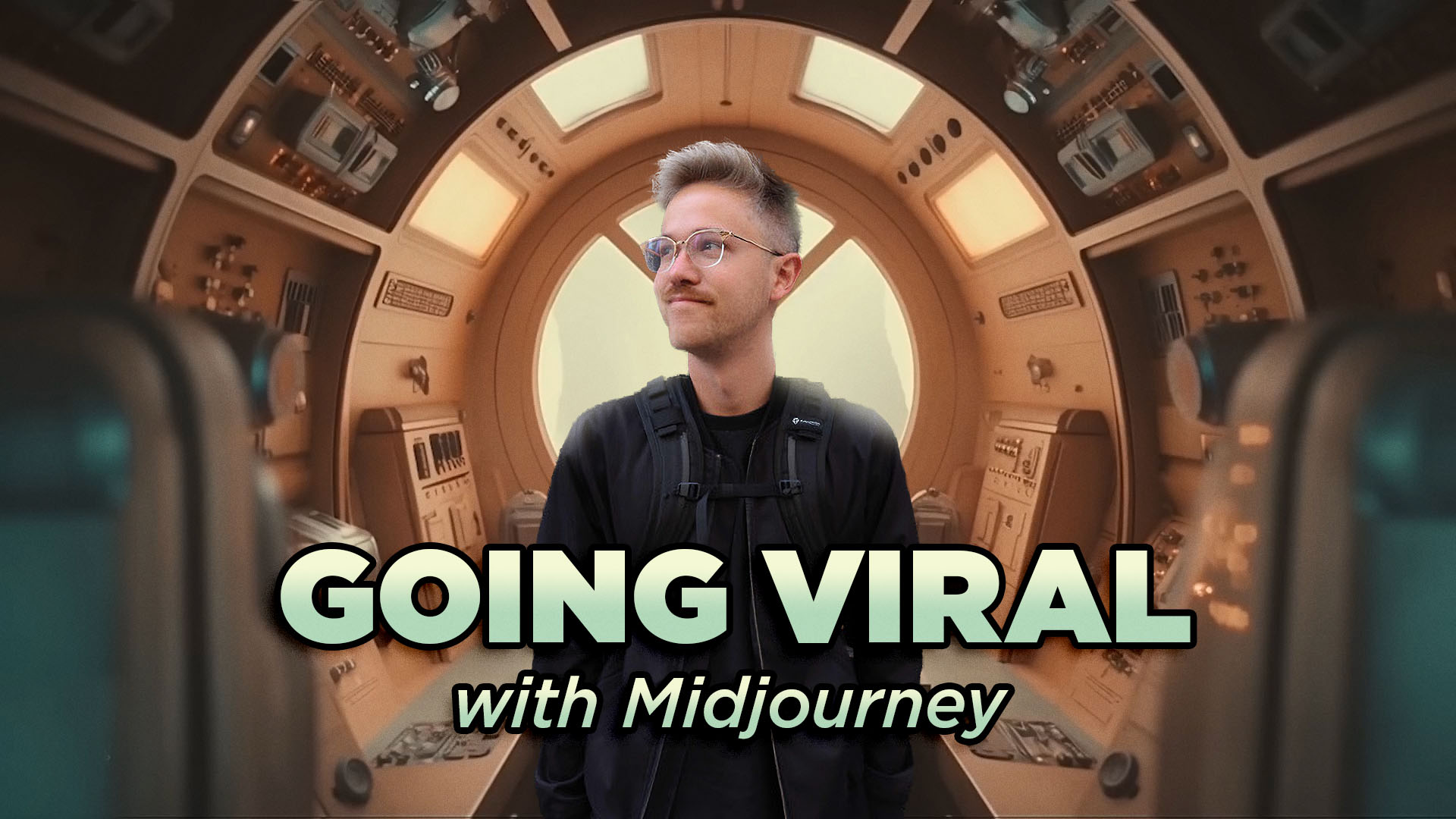Is Wes Anderson's New Movie Emptier Than AI-Generated Content?

Table of Contents
The Stylistic Hollow of Wes Anderson's Latest Film
Wes Anderson's signature style, while undeniably captivating, has become increasingly self-referential. In "Asteroid City," this stylistic consistency borders on repetition, potentially sacrificing narrative depth for visual familiarity.
Repetitive Visuals and Narrative Tropes
- Repetitive Visual Elements: The film is awash in Anderson's trademark symmetrical shots, meticulously composed frames, and a consistent pastel color palette. While aesthetically pleasing, this predictability can become visually monotonous, lacking the dynamism to fully engage the viewer.
- Predictable Narrative Tropes: The film relies heavily on Anderson’s familiar narrative tropes: quirky, eccentric characters, melancholic undertones, and a detached, almost whimsical narration. This formulaic approach, while characteristic of his oeuvre, can feel predictable and, at times, emotionally vacant.
- Comparison to AI-Generated Content: The stylistic repetition in "Asteroid City" mirrors the often formulaic nature of AI-generated content. Just as AI can generate images based on learned patterns, Anderson's reliance on established visual and narrative patterns risks producing a visually impressive but ultimately unoriginal and shallow product.
Lack of Emotional Resonance
While Anderson's previous films have often evoked a blend of humor and pathos, "Asteroid City" seems to struggle to connect with the audience on an emotional level.
- Scenes Lacking Emotional Depth: Certain key scenes and character arcs feel underdeveloped, failing to create the necessary emotional resonance. The characters, while quirky, lack the compelling inner lives that made characters in films like "The Royal Tenenbaums" so memorable.
- Shift in Emotional Impact: Compared to earlier works, "Asteroid City" demonstrates a noticeable shift. The signature blend of humor and melancholy feels less potent, leaving the viewer emotionally detached.
- Mirroring AI's Emotional Flatness: The lack of emotional depth in "Asteroid City" aligns with a common critique of AI-generated content – its often emotionally flat and impersonal nature. AI struggles to capture the complexities of human emotion, resulting in outputs that feel distant and uninvolving.
The Algorithmic Emptiness of AI-Generated Content
AI-generated content, despite its technological marvels, often suffers from a critical flaw: a focus on surface-level aesthetics over genuine meaning. This "algorithmic emptiness" presents a striking parallel to the stylistic choices in "Asteroid City."
Surface-Level Creativity
- Lack of Depth and Originality: Much AI-generated art and writing, while technically impressive, lacks originality and genuine creative spark. It often relies on mimicking existing styles and patterns, resulting in a derivative and ultimately unsatisfying experience.
- Limitations of Current AI Technology: Current AI technology excels at pattern recognition and imitation, but it struggles to generate truly novel and meaningful content. The lack of genuine understanding and emotional intelligence limits its ability to create art that resonates deeply with the audience.
- Superficiality in Film and AI: This superficiality, a focus on style over substance, connects directly to the potential criticism of "Asteroid City." The film prioritizes visual aesthetics and established stylistic patterns over emotional depth and narrative originality.
Lack of Human Experience and Emotion
The absence of human experience and emotional input is a fundamental limitation of AI-generated content. This lack of genuine feeling starkly contrasts with the inherent human element present, even in stylized films.
- Complexities of Human Emotion: AI struggles to replicate the complexities of human emotion, the nuances of personal experience, and the subjective nature of artistic expression. Its outputs are often predictable and lack the genuine emotional depth that comes from human creativity.
- Ethical Implications: The ethical implications of using AI to create art that imitates human expression without genuine feeling are significant. This raises questions about originality, authorship, and the very nature of art itself.
- Human Connection in Film and AI: The perceived lack of human connection in "Asteroid City," for some viewers, mirrors the fundamental absence of human experience in AI-generated content. Both lack the unpredictable, deeply personal, and emotional element that often defines great art.
Comparing Apples and Oranges: A Nuance Discussion
While the comparison between Wes Anderson's film and AI-generated content is thought-provoking, it's crucial to acknowledge their fundamental differences.
The Intentional vs. The Unintentional
The key distinction lies in intent. Wes Anderson's work, even with its stylistic choices, is the product of intentional artistic decisions made by a human being. AI-generated content, however impressive, is inherently unintentional; it’s a reflection of algorithms and data, not conscious artistic choices.
Artistic Merit vs. Technical Achievement
Judging the artistic merit of both requires different criteria. Wes Anderson’s film can be assessed based on narrative coherence, emotional impact, and overall artistic vision. AI-generated content, on the other hand, is often judged based on technical achievement, the ability to mimic human styles, and its novelty. The standards are not interchangeable.
Conclusion: Is Wes Anderson's Vision as Empty as AI's Output?
This analysis explored the potential parallels between the perceived emptiness in "Asteroid City" and the inherent limitations of AI-generated content. While some viewers might find the film’s stylistic repetition and lack of emotional depth to be flaws, it is crucial to acknowledge the inherent differences between human artistic intent and algorithmic output. The comparison ultimately raises important questions about the nature of art, the role of technology in creative expression, and the subjective nature of artistic interpretation. The question of whether "Asteroid City" is truly "emptier" than AI-generated content remains open to debate, highlighting the complexities of evaluating artistic merit in different creative realms.
What are your thoughts on whether Wes Anderson's new movie is emptier than AI-generated content? Share your perspective in the comments below!

Featured Posts
-
 Skandal Kawin Kontrak Warga Bali Waspada Properti Terancam Bule
May 28, 2025
Skandal Kawin Kontrak Warga Bali Waspada Properti Terancam Bule
May 28, 2025 -
 Watch The 2025 American Music Awards Online For Free A Complete Guide
May 28, 2025
Watch The 2025 American Music Awards Online For Free A Complete Guide
May 28, 2025 -
 Is Rayan Cherki Liverpools Next Signing Scouting Update
May 28, 2025
Is Rayan Cherki Liverpools Next Signing Scouting Update
May 28, 2025 -
 Secure The Best Personal Loan Interest Rate Today
May 28, 2025
Secure The Best Personal Loan Interest Rate Today
May 28, 2025 -
 Personal Loan Interest Rates Today Application And Approval Process
May 28, 2025
Personal Loan Interest Rates Today Application And Approval Process
May 28, 2025
